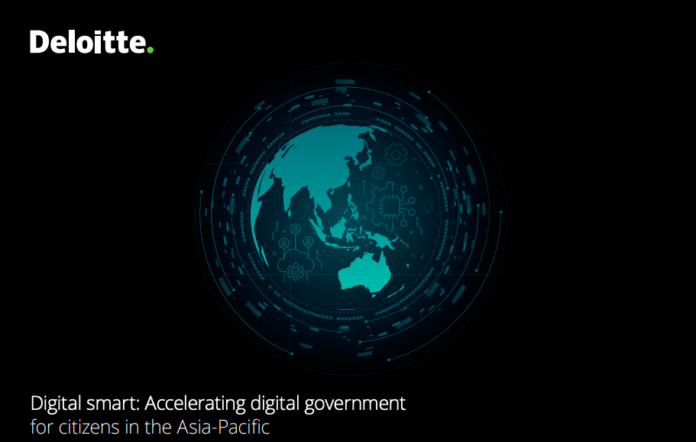Asia-Pacific citizens are more digitally engaged than ever, but governments still lag in the delivery of those services, according to VMware.
Deloitte Access Economics conducted a study on behalf of VMware and surveyed 3,840 people in March and April 2022. The survey was fielded by Ipsos in Australia, Singapore, Indonesia, Vietnam, India, Japan, and South Korea.
Findings show that the use of in-person government services halved across APAC nations in the last two years, and 77% of citizens now primarily use a digital platform to access government services.
However, 67% of respondents expected the quality of government services to be on par with those offered by the private sector with 41% of people struggling to access digital services on their own, with a lack of basic digital skills and shortfalls in digital infrastructure.
With 900 million new internet users expected to be added to the markets covered by the study study by 2025, the need for investment in digital services by governments continues to grow.
The research found that APAC governments’ IT spending is forecast to grow by 8% each year to US$151 billion by 2025, outpacing the annual 6% growth in overall government spending.
In Singapore, 84% of respondents expect to access government services the same or more frequently in the next five years and 76% agree or strongly agree that government needs to invest more in technology to better prepare for the future.
In India, respondents are the most likely to say that a positive experience using online government services will improve their trust in government and currently, 89% are more willing to learn new digital skills or use a new platform.
Sylvain Cazard, VMware SVP and general manager in APAC and Japan, VMware said it was clear from the Deloitte research that citizens expect the same level of services – and quality – as those delivered by private companies or organisations.
“Service delivery in terms of multi-cloud infrastructure as well as modern containerised applications and services are the way forward, so governments also need to align thinking and resourcing along these major trends to meet their citizens’ needs,” said Cazard.
John O’Mahony, Deloitte partner and principal report author, said the ROI for digital government services is very significant.
This “can include positive citizen experiences with digital services, improved perceptions of, and trust, in governments, greater social equality and inclusivity, reduced carbon emissions, possible financial savings, and more responsive governments when policies need to change,” said O’Mahony.
Governments’ readiness to embrace digitisation going forward varies widely between emerging and developing economies, he said.
















